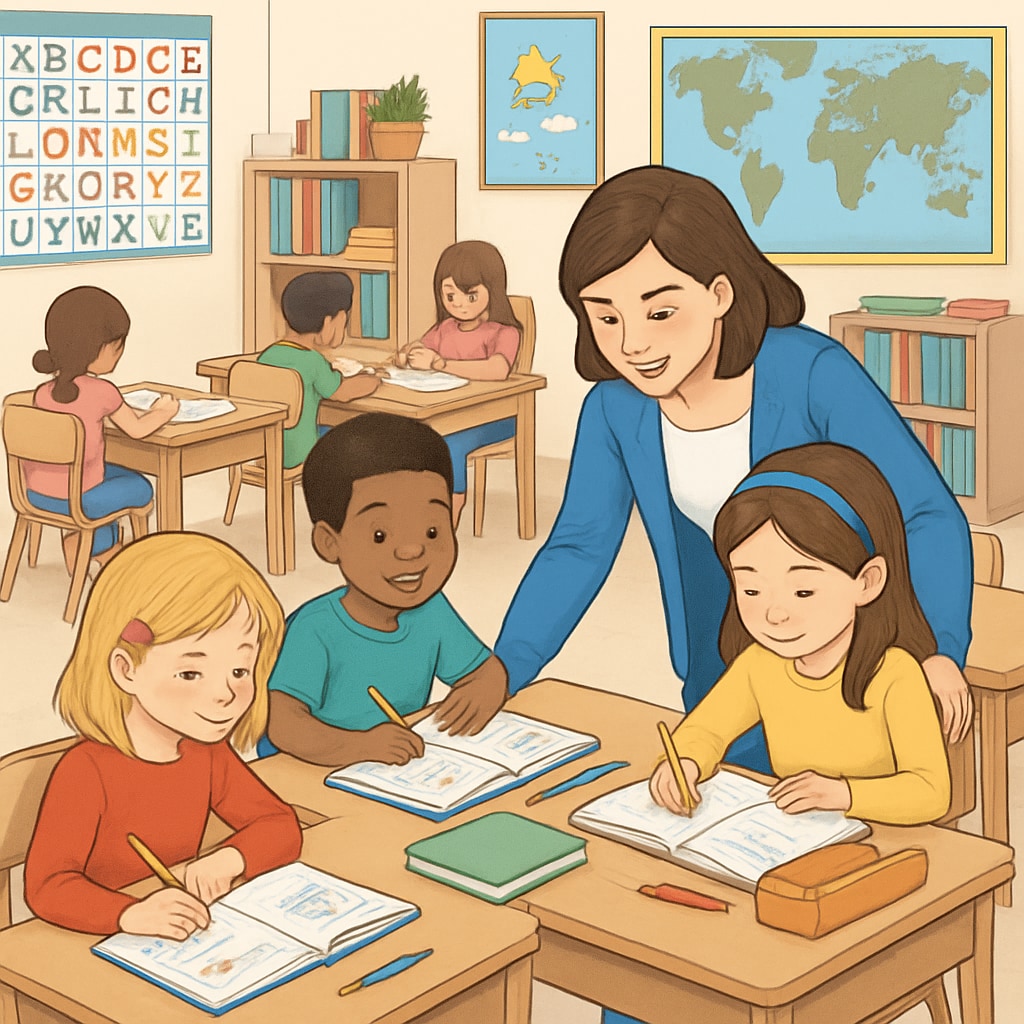The growing trend of college application pressure infiltrating the lives of first-grade students is alarming. What was once a concern for high school seniors is now trickling down to children as young as six or seven. This phenomenon is creating numerous difficulties for young learners, significantly impacting their mental health, learning experiences, and overall development. In this article, we’ll explore the roots of this issue, its negative effects, and actionable steps that parents, educators, and society can take to reverse this troubling trend.
Why Are First Graders Feeling the Pressure of College Applications?
One might wonder how college applications—a process seemingly reserved for teenagers—are influencing children in their first years of formal education. The answer lies in the increasing competitiveness of the academic world and the parental push for early achievement. Many parents believe that laying the groundwork for college admission starts in elementary school, leading them to enroll children in advanced programs, extracurricular activities, and even tutoring sessions. As a result, first graders are exposed to an environment that prioritizes future achievements over present growth.
This early exposure to academic rigor often stems from societal pressure. Parents are inundated with messages about the importance of building a “perfect” college resume, which can lead to over-scheduled childhoods and the erosion of free playtime. Educators, too, may feel pressured to implement advanced curricula to align with parental expectations, further exacerbating the issue.

The Impact on Mental Health and Childhood Development
The mental health consequences of this early pressure are significant. According to a report on mental health, stress during formative years can lead to anxiety, depression, and burnout, issues that were rarely associated with children until recently. First graders, who should be developing social skills and enjoying unstructured play, are instead being thrust into an environment that prioritizes performance over personal growth.
In addition to mental health, this early focus on academic success can hinder other aspects of childhood development. Free play, which is critical for creativity and problem-solving skills, is often sacrificed for structured activities. Furthermore, children may develop a fear of failure and a fixed mindset, which can negatively affect their long-term learning and resilience.
How the Education System Contributes to the Problem
Education systems, particularly in competitive regions, play a role in perpetuating this trend. The emphasis on standardized testing and measurable outcomes often trickles down to elementary schools. Teachers may feel compelled to introduce advanced concepts earlier than necessary, leading to a curriculum that is misaligned with the developmental needs of young children.
Moreover, schools may promote extracurricular activities and enrichment programs as early as first grade to cater to the demands of ambitious parents. While these programs have their merits, they can also create a culture of comparison among children and parents alike, further amplifying stress levels.

Solutions: Building a Healthier K-12 Education Ecosystem
To address this issue, a collective effort is required from parents, educators, and policymakers. Here are some actionable steps:
- Encourage unstructured play: Parents and schools should prioritize free play during early childhood, which is essential for emotional and cognitive development.
- Set realistic expectations: Parents must understand that not every activity or program contributes to long-term success. Allowing children to explore their interests organically is more beneficial than imposing rigid schedules.
- Promote mental health education: Schools should incorporate mental health awareness into their curriculum, equipping children with tools to manage stress and emotions effectively.
- Reevaluate educational policies: Policymakers should reconsider the emphasis on standardized testing and create guidelines that align with developmental psychology.
By taking these steps, we can begin to reverse the trend of early academic pressure and foster an environment where children can thrive emotionally, socially, and academically.
Final Thoughts
The infiltration of college application pressure into the lives of first graders is a sobering reflection of our society’s obsession with achievement. This trend not only creates unnecessary difficulties for young children but also jeopardizes their mental health and holistic development. By prioritizing play, setting realistic expectations, and advocating for systemic change, we can build a healthier K-12 education system that supports every child’s growth. After all, childhood should be a time for exploration, joy, and learning—not a race to the future.


